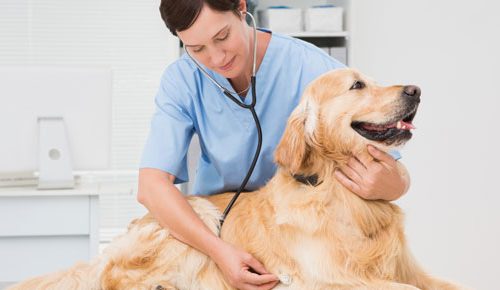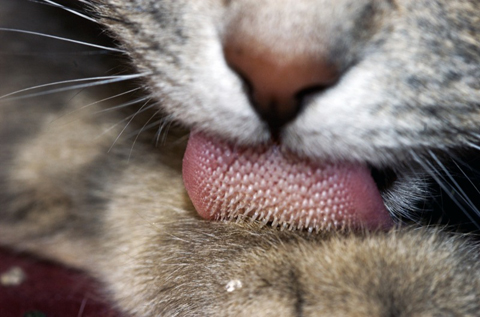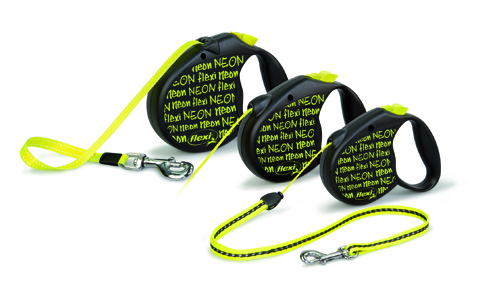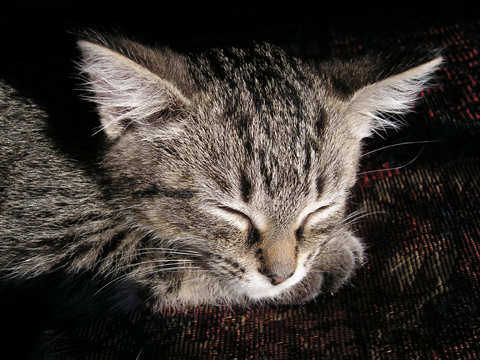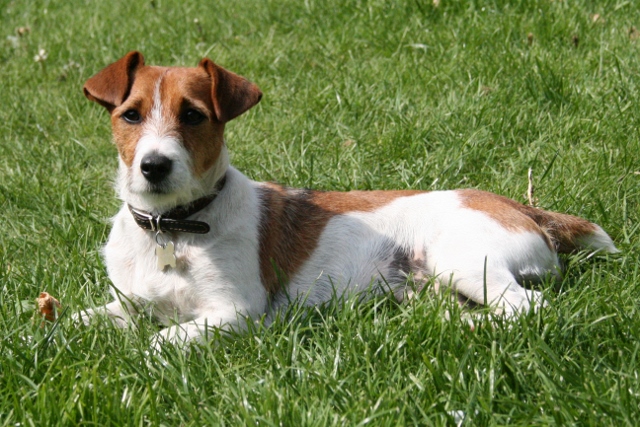Register to get 2 free articles
Reveal the article below by registering for our email newsletter.
Want unlimited access? View Plans
Already have an account? Sign in
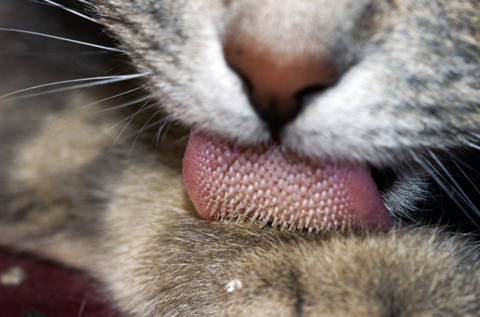
The Animal Health Trust (AHT) is urging pet owners to familiarise themselves with the signs of anti-freeze poisoning in their pets to avoid unnecessary deaths.
As winter approaches, more people will be topping up the anti-freeze coolant levels in their vehicles, and just a few spilt drops can cause serious harm to cats and dogs. Key signs for owners to watch out for include vomiting; seizures (fits); increased urination and excessive drinking.
The dangerous toxin found commonly in anti-freeze – ethylene glycol – has a sweet taste tempting animals to ingest the substance, should they find it on their paws or in an easily accessible place and poisoning can quickly lead to the death of a pet if treatment isn’t accessed quickly.
The warning comes following the news that an AHT staff member’s cat, which had ingested the substance, has sadly died. Veterinary nurse, Jody Blyth-Tancock said: “Poor Marshal’s passing came as such a shock for so many reasons. The last thing I would have suspected was anti-freeze poisoning, particularly as the cold weather was yet to hit. It was heart-breaking to watch him deteriorate so rapidly, and highlights how quickly you have to act when poisoning is suspected.”
The AHT encourages car owners to use propylene glycol anti-freeze where possible as it less harmful, check cars regularly for leaks and keep anti-freeze bottles out of the reach of pets.
Image: Madprime


